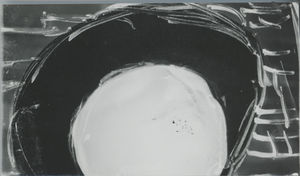Cem/self directed research
UNCANNY
Uncanny; can be evoked with the inability to differ the living from the unliving.
It was first Jentsch to associate UNCANNY with UNCERTAINTY. The uncertainty can come from the inability to differentiate the living and the non-living. This is why dolls, wax figures, humanoid robots can become quite uncanny. Uncertainty can also be taken at hand with a different perspective; the feeling of uncanny can be experienced a lot more if one is more disassociated with the real world, for the people who have a strong bond with reality, they have a smaller chance of going to the world of the uncanny. Lacan says that uncanny is a situation where we cannot distinguish the good from the bad, the real from the imaginary. Disassociation feeds this thought. According to Schelling, the uncanny is something that should’ve stayed hidden from the public eye coming to light. This approach can also find its place in Freudian explanation of the uncanny.
Freud delves more into the etymology of the world that derives from the German “heimlich” which means homely, or familiar. He takes unheimlich as something that should be familiar to us, but quite strange at the same time. This duality found in an object, in a person, in a setting can create the uncanny feeling.
Freud also puts forward the relation between repetition compulsion and the uncanny, which can translate as the presence of a suppressed traumatic experience coming to daylight. The involuntary repetition can trigger the uncanny feeling.

